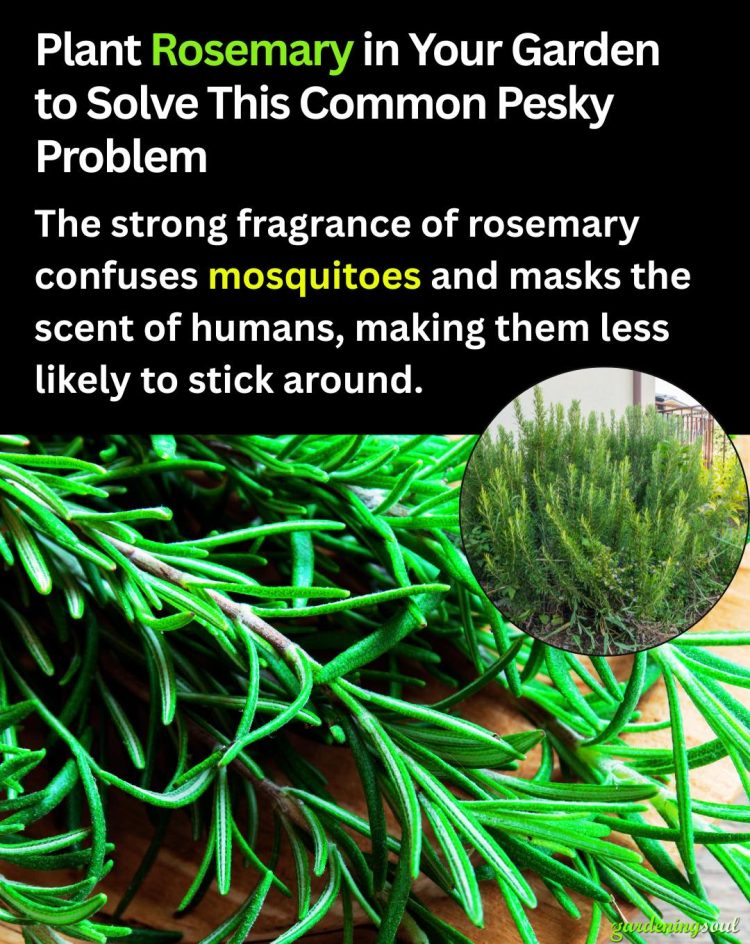If you’re ready to introduce rosemary into your garden, follow these simple growing tips to ensure success.
1. Choose the Right Variety
There are several types of rosemary, but for gardening and pest control, consider these popular varieties:
- Tuscan Blue – Grows tall and is great for hedges.
- Arp – Cold-hardy and ideal for cooler climates.
- Prostrate Rosemary – A trailing variety perfect for ground cover and hanging baskets.
2. Pick the Perfect Spot
Rosemary thrives in full sun (at least 6-8 hours a day) and prefers well-drained soil. If your garden has clay-heavy soil, plant rosemary in raised beds or containers to improve drainage.
3. Water Sparingly
This herb is drought-tolerant and prefers dry conditions. Water only when the soil is dry to prevent root rot.
4. Space Properly
Rosemary can grow quite large, so space plants 2-3 feet apart to allow for proper airflow and growth.
5. Prune for Health and Shape
Regular pruning encourages bushier growth and prevents woody stems. Snipping off sprigs for cooking also helps maintain a compact shape.
Best Companion Plants to Pair with Rosemary
Since rosemary is a natural pest deterrent, consider planting it alongside these companion plants to maximize its effectiveness:
- Tomatoes – Helps keep aphids and hornworms away.
- Cabbage & Broccoli – Repels cabbage moths.
- Carrots – Deters carrot flies.
- Beans – Prevents beetle infestations.
- Lavender & Thyme – Complements rosemary’s pest-fighting properties.
Other Uses for Rosemary in Pest Control
Beyond simply planting rosemary, you can also use it in other ways to keep pests at bay:
1. Rosemary Spray
Create a natural bug-repellent spray by steeping fresh rosemary in boiling water. Once cooled, transfer the liquid into a spray bottle and mist around outdoor seating areas, garden beds, or even on pets (with vet approval) to repel fleas and ticks.
2. Burn Rosemary to Deter Mosquitoes
Burn dried rosemary leaves in a fire pit or BBQ grill to create mosquito-repelling smoke while enjoying time outdoors.
3. Place Dried Rosemary in Storage Areas
Dried rosemary sachets can help keep moths and insects out of closets and pantries.
The Bottom Line: Why You Should Plant Rosemary
Adding rosemary to your garden isn’t just about enhancing your cooking—it’s a natural way to keep your garden pest-free while also benefiting from its medicinal and culinary uses.
Whether you struggle with mosquitoes, aphids, or cabbage moths, this fragrant herb provides a powerful, chemical-free alternative to pesticides.
